General Assembly
- The right to privacy in the digital age
- Humanitarian disaster relief assistance
This year’s plenary session’s topic is:Sustainable development in the Middle-East and Africa
Presidency
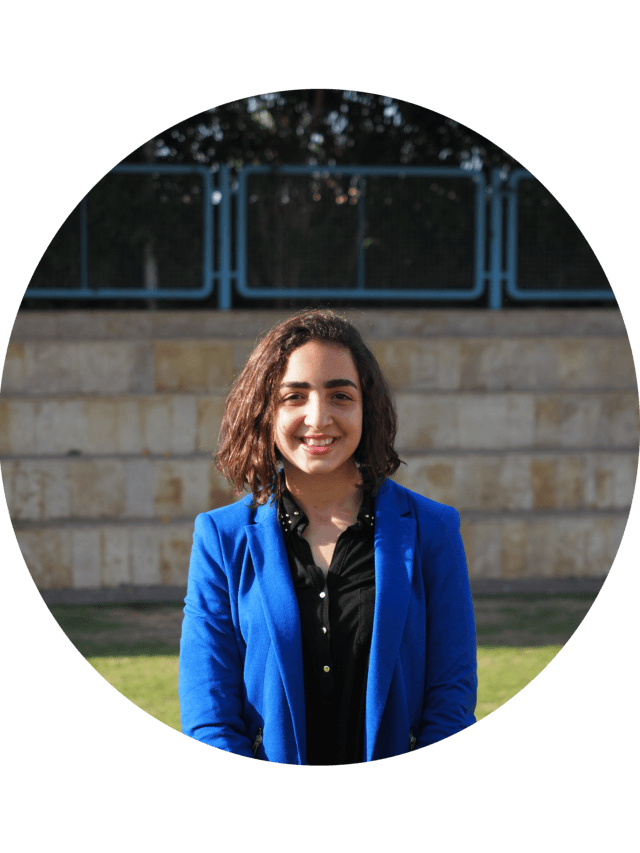
Myra Massoud
President of the General Assembly
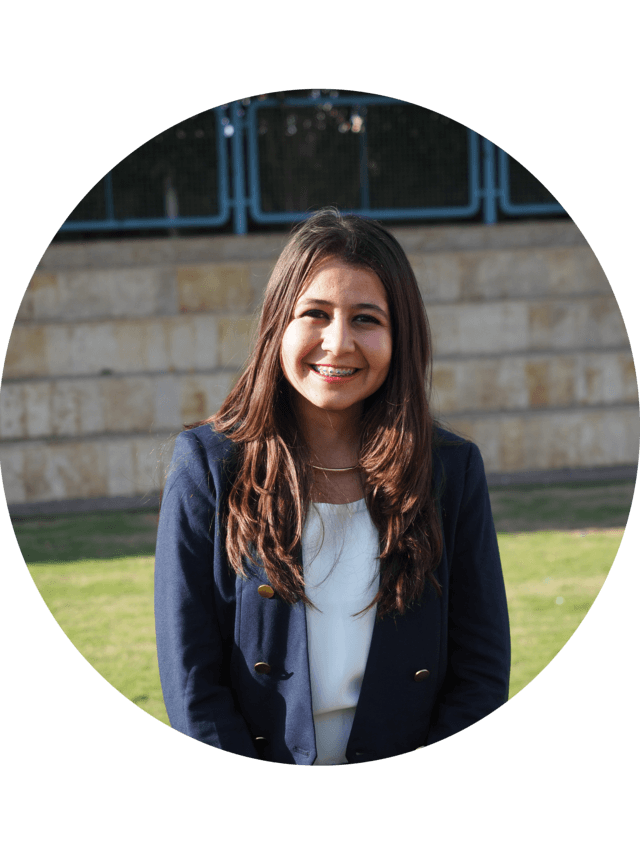
Malak Emad
Vice-President of the General Assembly
International Court of Justice
Case
Presidency
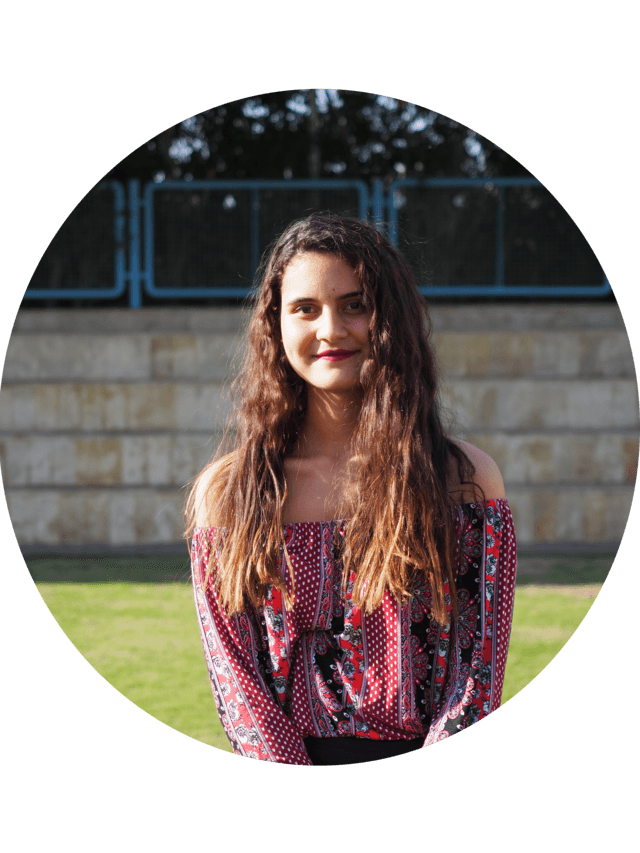
Donia Salama
Justice Salama
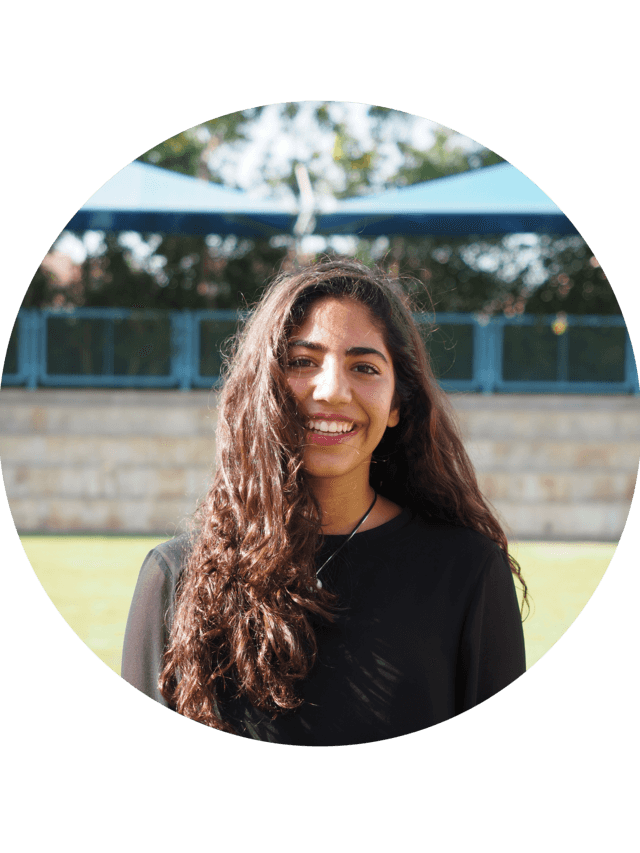
Sarah Sarofim
Justice Sarofim
Security Council
- Question of Yemen
- Terrorism in Central and Western Africa
Topic 1
Topic 2
Presidency of the English Committee
Presidency of the french committee
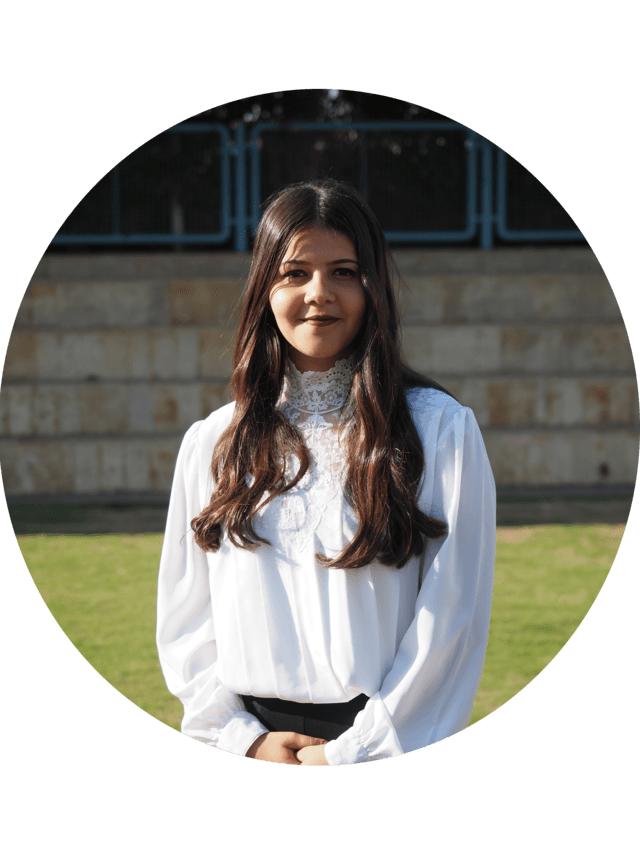
Rita Kallini
President of the Security Council
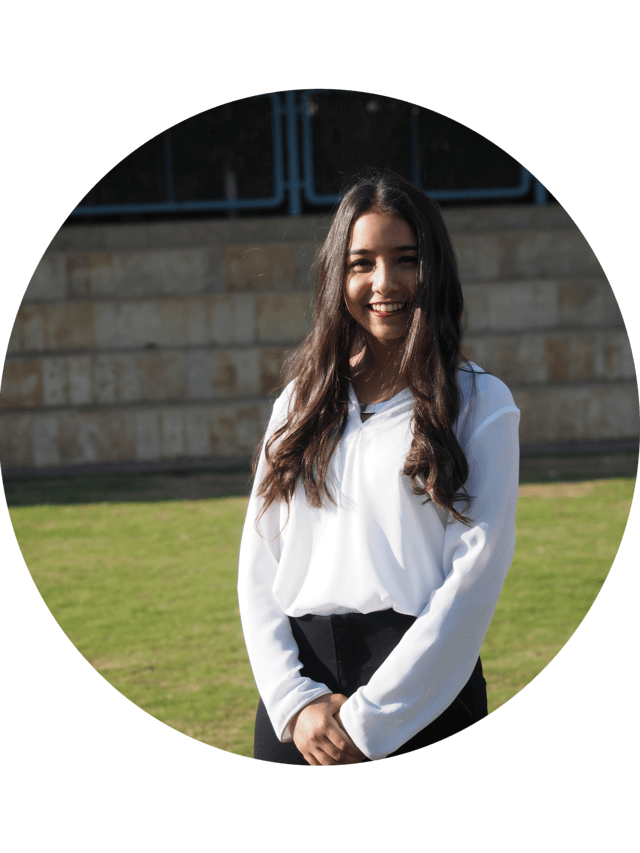
Nada Gabr
Vice-President of the Security Council
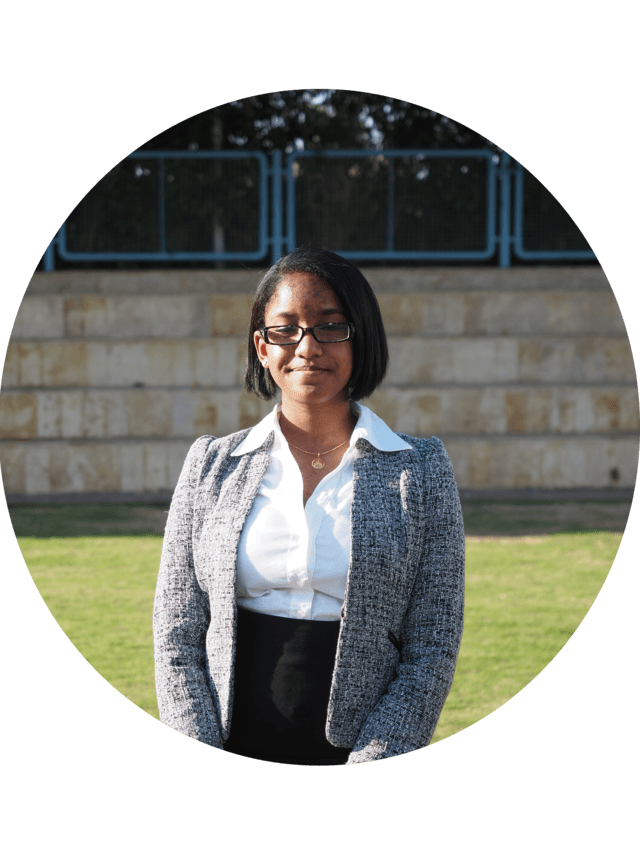
Ophélie Espiègle
Présidente du Conseil de Sécurité
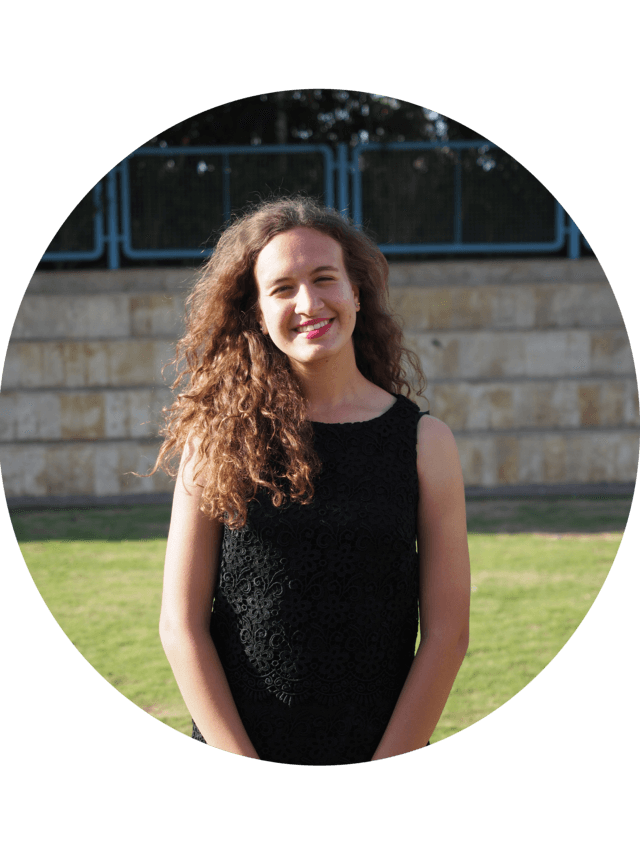
Hana Ebeid
Vice-Présidente du Conseil de Sécurité
Human Rights Council
- Promoting universal respect for the protection of all human rights and fundamental freedoms for all, without distinction of any kind and in a fair and equal manner;
- Addressing situations of violations of human rights, including gross and systematic violations;
- Promoting effective coordination and mainstreaming of human rights within the United Nations system;
- to promote human rights education and learning, advisory services, technical assistance, and capacity building;
- Serving as a forum for dialogue on thematic issues on all human rights;
- Making recommendations to the UN General Assembly for the further development of international law in the field of human rights
- Promoting the full implementation by UN member states of their human rights obligations and commitments;
- Undertaking a universal periodic review of every UN member state’s fulfillment of its human rights obligations and commitments; and
- Contributing , through dialogue and cooperation, toward the prevention of human rights violations and respond promptly to human rights emergencies.
This Council has addressed conflicts including the Arab-Israeli conflict and also addresses rights-related situations in countries such as in Burma, Guinea, North Korea, Côte d’Ivoire, Kyrgyzstan, Syria, Libya, Iran, and Sri Lanka. The Human Rights Council also addresses important thematic human rights issues such as freedom of association and assembly, freedom of expression, freedom of belief and religion, women’s rights, and the rights of racial and ethnic minorities. This year’s topics are:
- Combating organ trafficking
- The protection and maintenance of refugee rights.
Topic 1
Topic 2
Presidency of the English Committee
Presidency of the French committee
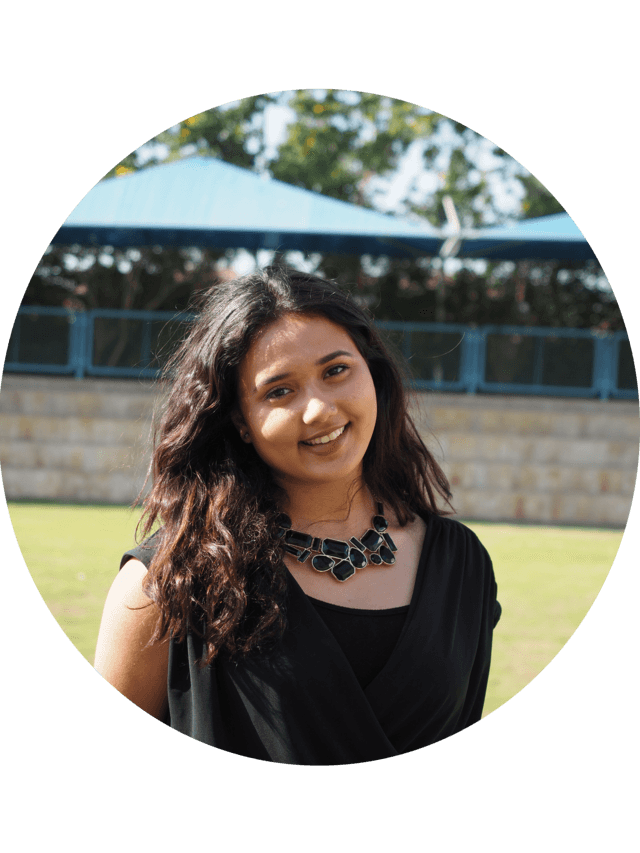
Hala Riad
President of the Human Rights Council
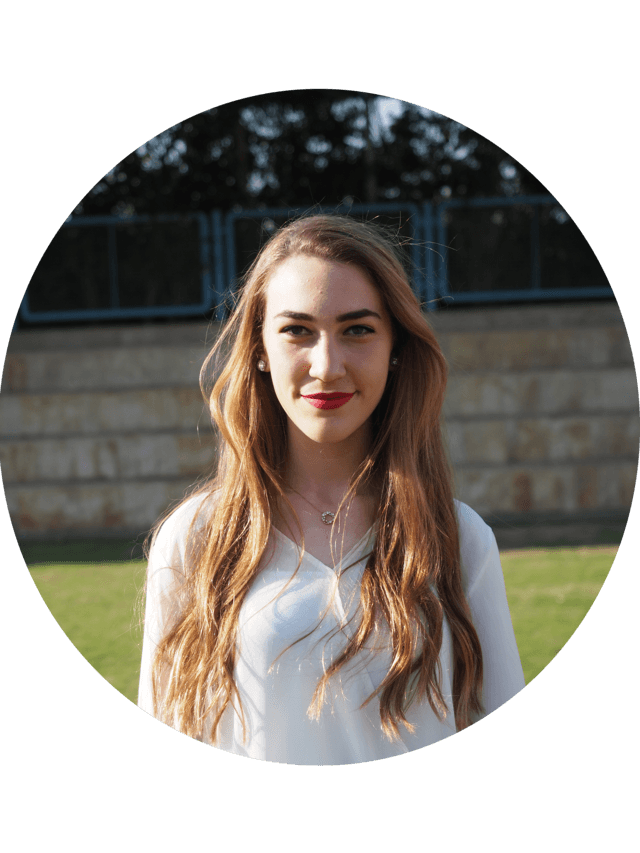
Jouna Khaldoun
Vice-President of the Human Rights Council
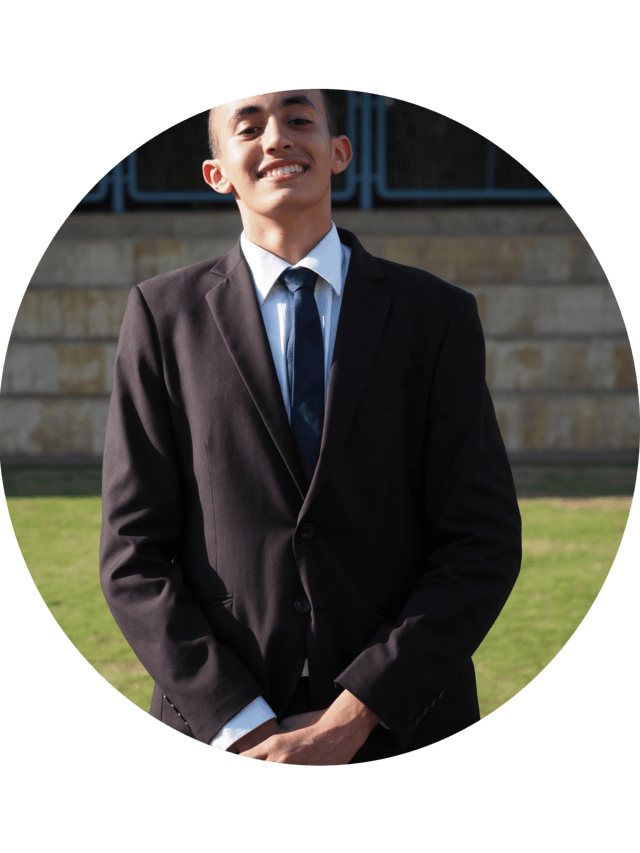
Karim Mourad
Président du Comité des droits de l'homme
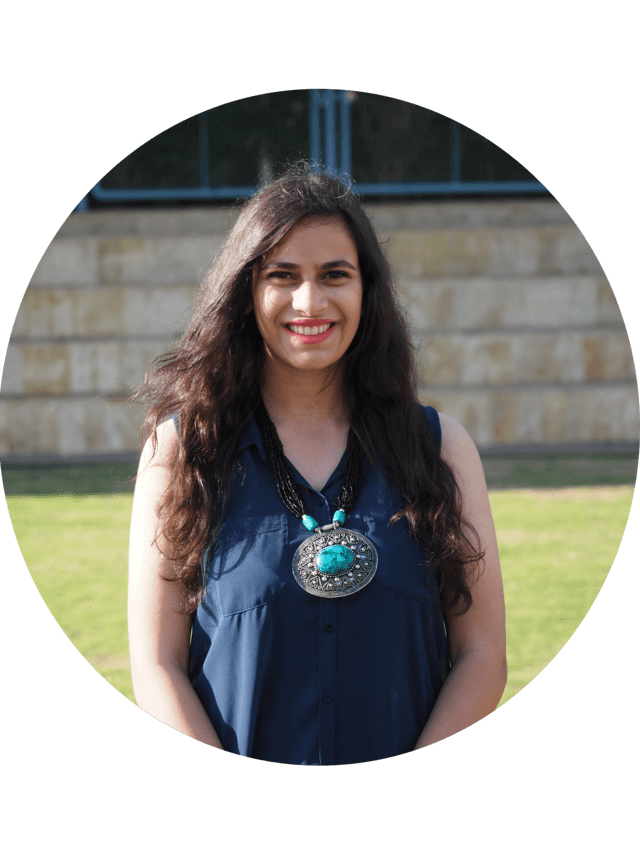
Salma Hamza
Vice-Présidente du Comité des droits de l'homme
Economic and Social Council
- Promoting higher standards of living, full employment, and economic/social progress;
- Identifying solutions to international economic, social, and health problems;
- Facilitating international cultural educational cooperation;
- Encouraging universal respect for human rights and fundamental freedoms
One of the main subsidiary bodies of ECOSOC is the Statistical Commission, which is responsible for any number related information, releasing at the end of each calendar year an international trade statistics yearbook. Other important subsidiaries are the Commission for social development, and the Commission on the status of women, which are in charge of advising the ECOSOC on social policies in general for the former, and monitoring gender equality by supporting inter-governmental bodies for the latter.These commission’s’ mandate is to promote the economic and social development of its member States, foster intra-regional integration, and promote international cooperation for regional development (i.e. focusing on macroeconomic policies, natural resources, regional integration and trade, etc…)
Topics:
- Increasing sustainable development practices through gender, racial, social and economical equality.
- Measures to counteract Bankruptcy and financial crises in world economies
Topic 1
Topic 2
Presidency

Nour El Din El Hayathmy
President of the Economic and Social Council
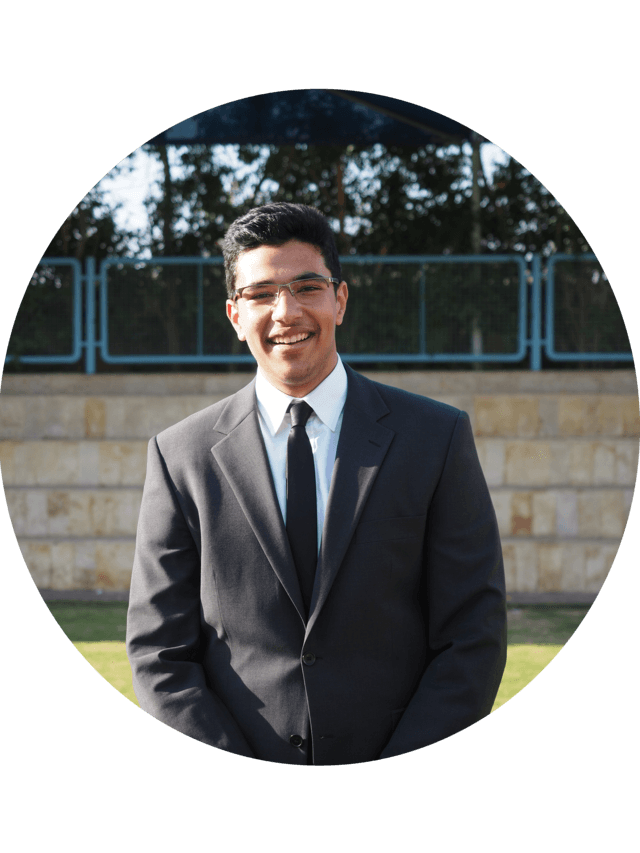
Mostafa Tarek
Vice-President of the Economic and Social Council
Environment Commission
- To provide valid solutions to environment related problems, such as the ecosystem and the ecology of planet earth.
- To sustain the environment through strict regulations that limit threats to the balance of ecosystems and the cleanliness of natural water and air.
- To spread awareness about environmental issues through education.
- To limit destruction and control human impact on the environment and thus to replace current statistics with less extreme ones.
Topics
- Animal poaching and it’s effects on the ecosystem
- Measures to manage the rapid deterioration of the Arctic
Topic 1
Topic 2
Chairing Panel
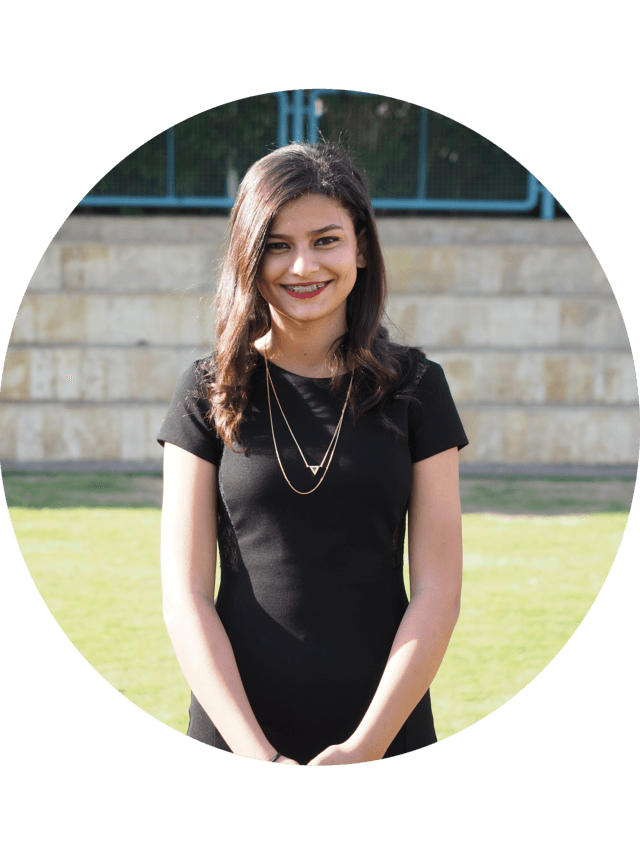
Yasmine Zakaria
Chair of the Environment Commission
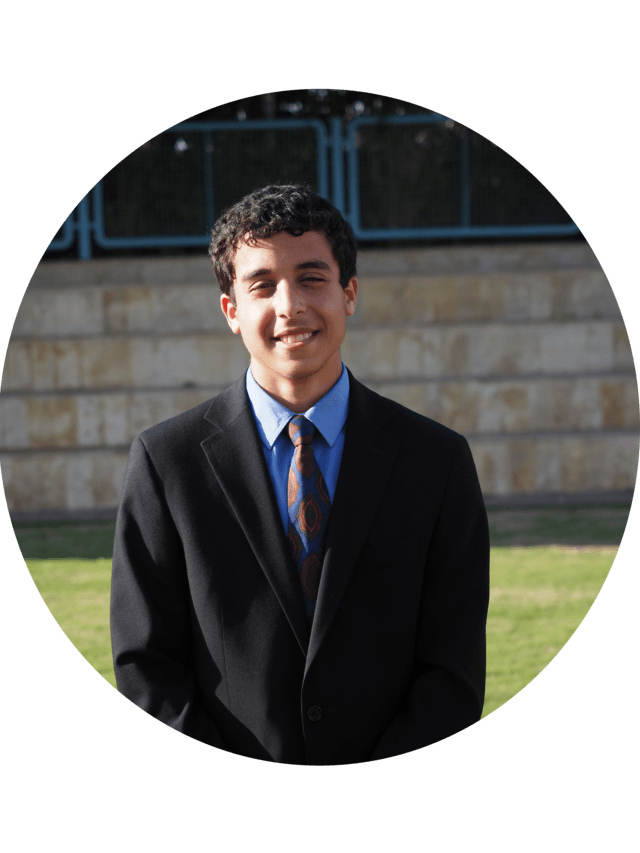
Mostafa Magdi
Co-Chair of the Environment Commission
Special Conference - Historical Committee
- The Arab-Israeli conflict (Maintaining stability in the region after the Youm Kippour war)
- Assessing the United States of America’s military intervention in the Vietnam war.
Topic 1
Topic 2
Chairing Panel
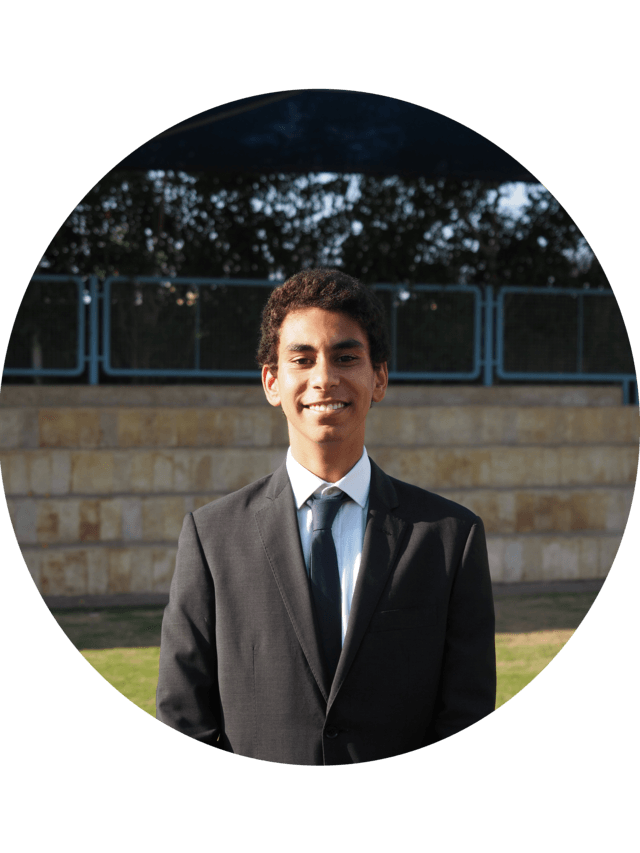
Ahmed Wael Khalil
Chair of the Special Conference
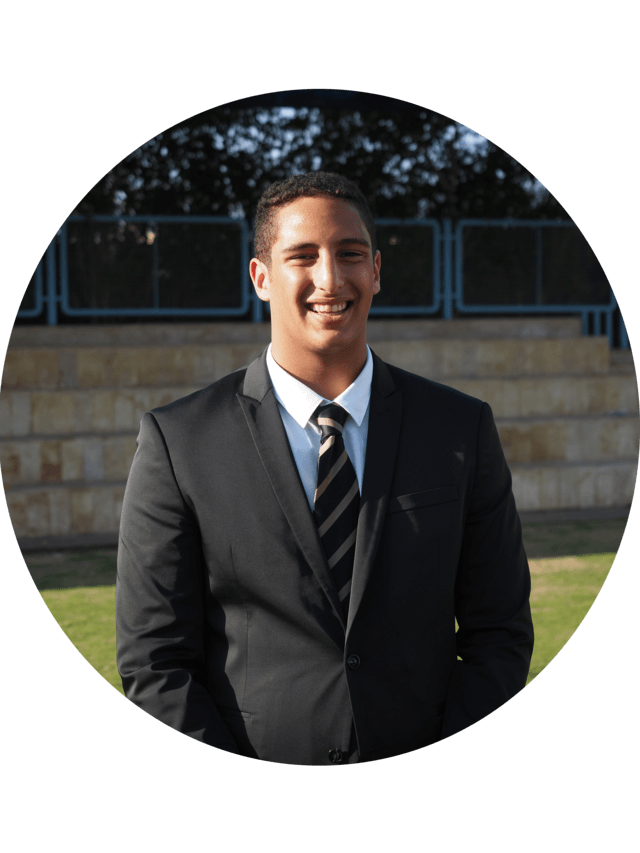
Youssef Ehab
Co-Chair of the Special Conference


